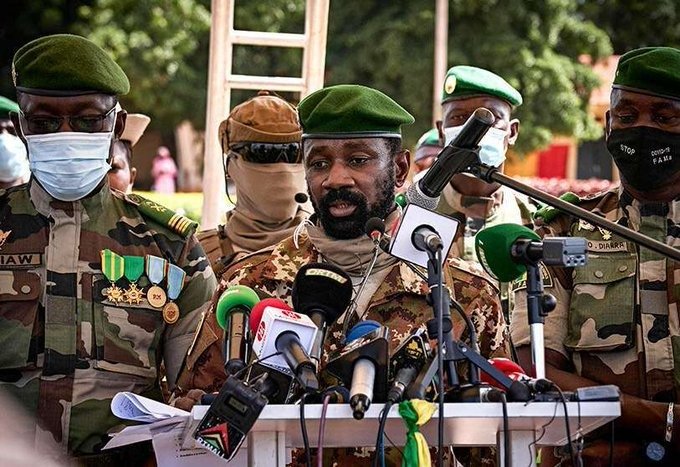Mali’s ruling military junta has officially dissolved all political parties, a move that deepens the country’s slide into authoritarian rule and follows mounting protests in the capital, Bamako.

The announcement was made on state television on Tuesday, with authorities confirming that the decision had been endorsed by interim leader Colonel Assimi Goita, who came to power following military coups in 2020 and 2021.
The dissolution enacts recommendations from a national political forum held in April, which also proposed naming Goita as president with a new five-year term—a suggestion that sparked widespread public anger.

In early May, hundreds of protesters took to the streets of Bamako, waving signs in support of democracy and multi-party elections, and chanting slogans like “Down with dictatorship!” and “Long live democracy!”. These were some of the largest anti-junta demonstrations Mali has seen in recent years.
In response, the military government suspended all political activities nationwide on May 9, effectively forcing opposition parties to cancel planned rallies.
Tensions have further escalated with reports of disappearances and arrests of key opposition figures. According to Human Rights Watch, at least two political leaders were allegedly abducted by unidentified men on May 8:

- Abba Alhassane, secretary general of the Convergence for the Development of Mali (CODEM),
- El Bachir Thiam, leader of the Yelema party, reportedly taken in the town of Kati.
A third opposition figure, Abdoul Karim Traore, a youth leader within CODEM, has also been missing for two days, according to a party member who spoke anonymously to Reuters due to security concerns.
The Ministry of Security has yet to issue a response regarding the disappearances.
These developments underscore growing concern over political repression in Mali, a country already grappling with insecurity, economic challenges, and international isolation since the junta took power.









